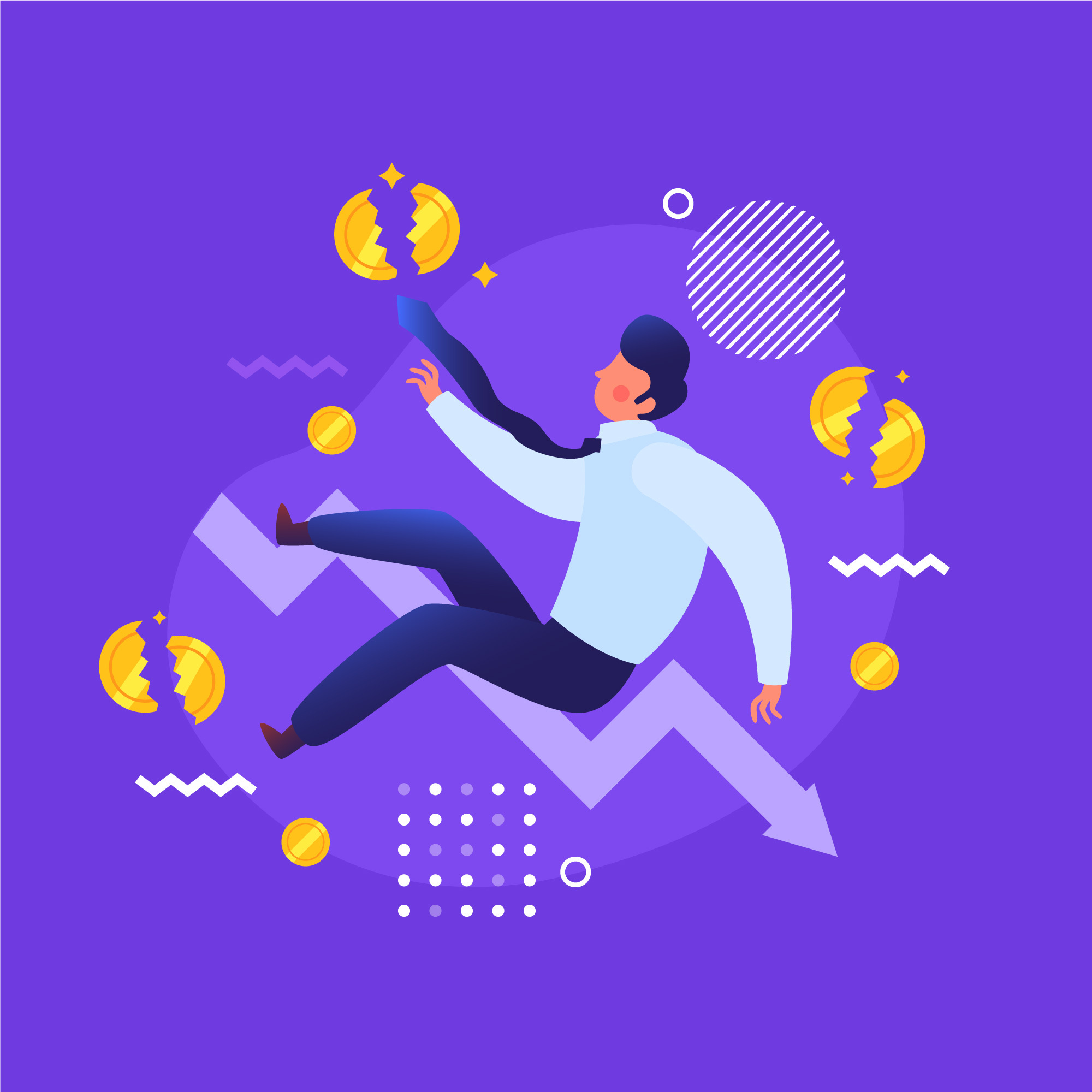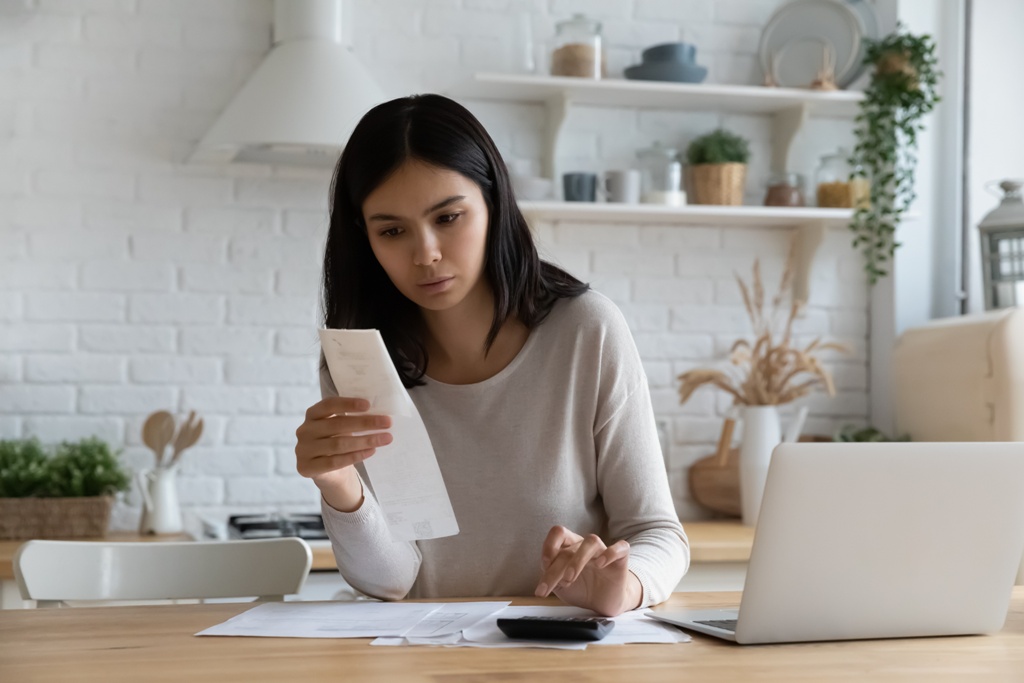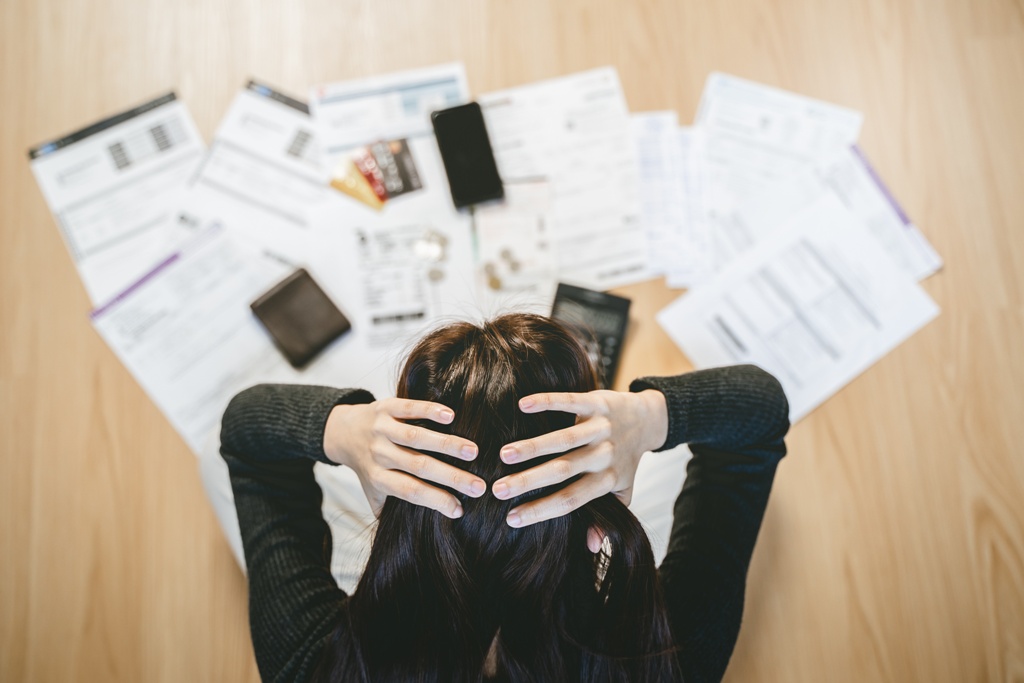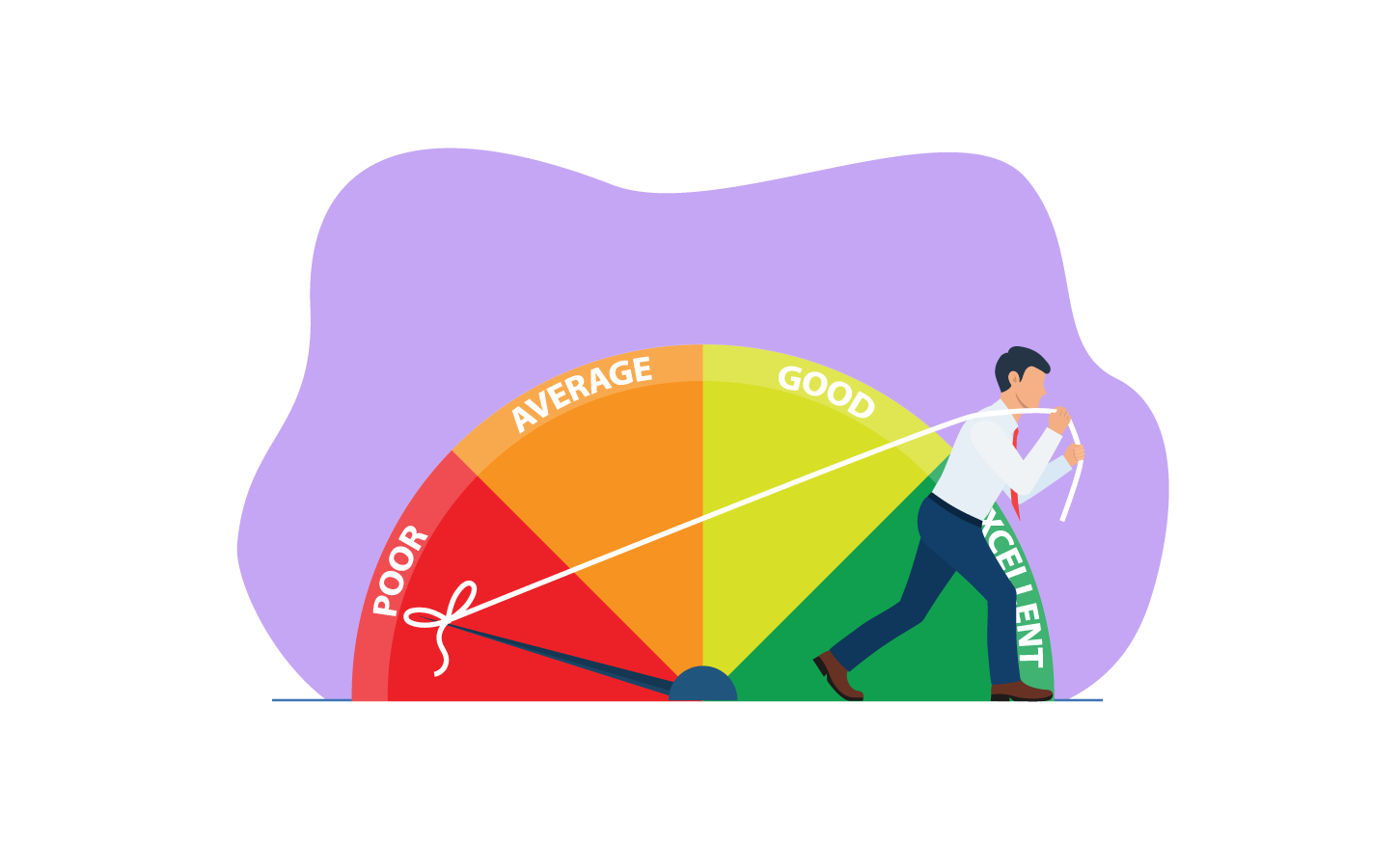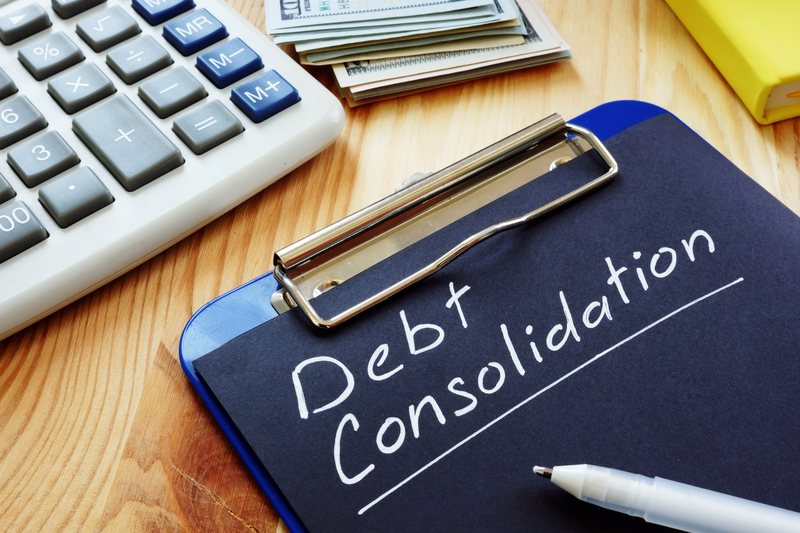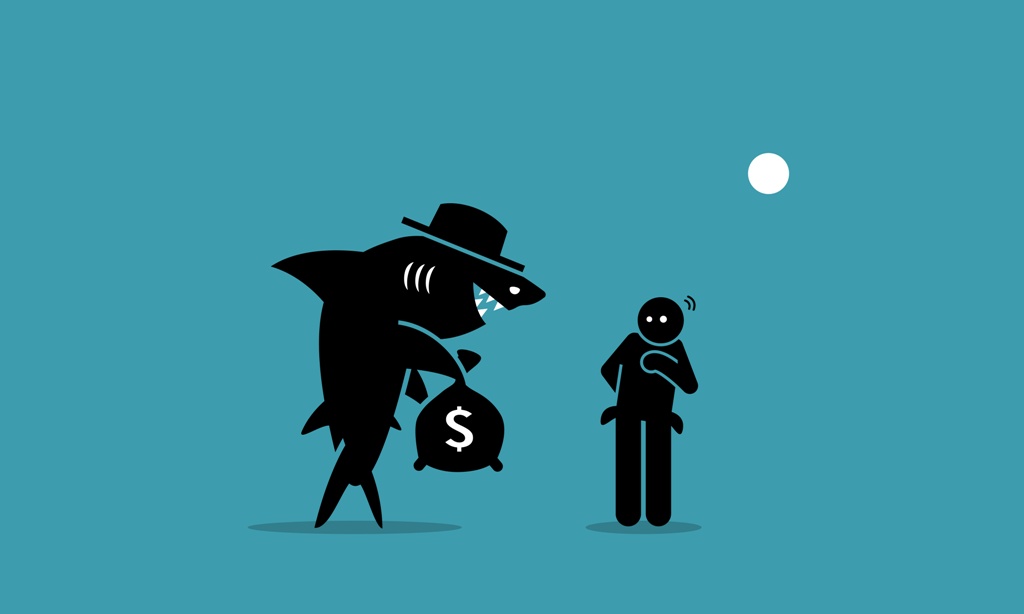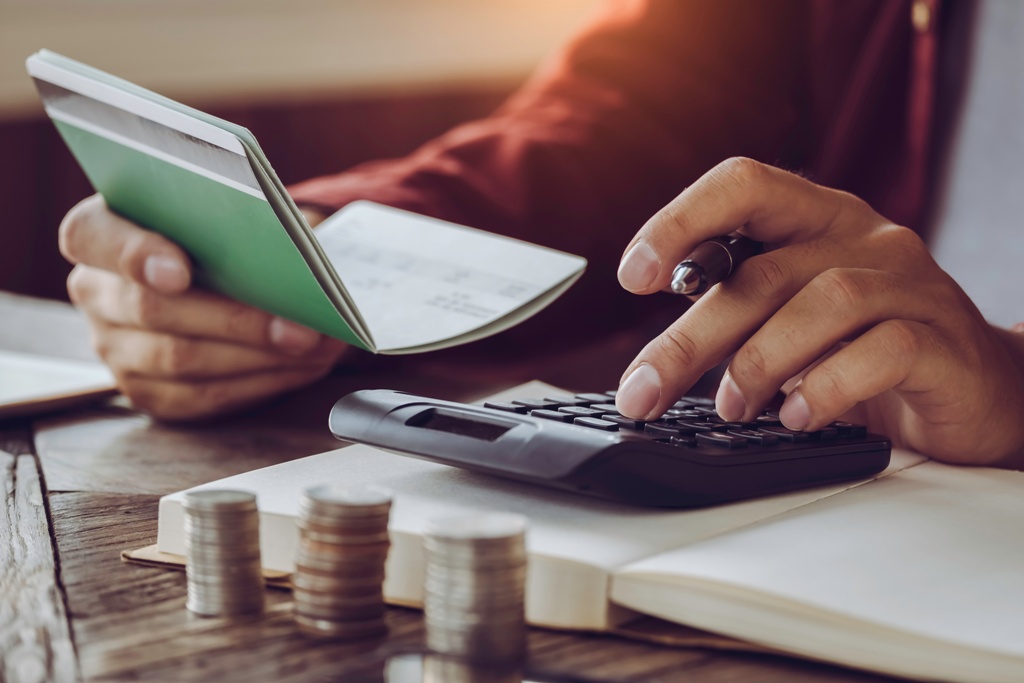Do you know that Singapore possess the highest debt-to-GDP ratio in Asia? Put it in simple terms, the country borrows a lot of money. Are we,however in a crisis?
Interestingly, no. Singapore has always gotten a high credit rating from credit rating agencies – the reason is that the money is borrowed to invest, not spend. This is unlike many civil debtors, who typically borrow to spend. And this is exactly why we get into trouble.
While having debt isn’t necessarily something bad or shameful, it can quickly get out of hand when you’re not careful. So if you’re unaware of whether your debt situation is out of hand, here are 7 warning signs to look out for before you seek help.
Credit rejection
If your recent loan application or credit card application has been rejected, it could be due to your credit score. Banks and lenders typically pull out your credit record to check your probability of default before they disburse a loan to you. A weak credit score predicts that someone is likely to default. If your loan application was rejected, it could signal that you have too much debt under your name or you have some unpaid repayments. It’s be wiseto reduce the number of loans you hold with a debt repayment plan.
Paying For Daily Necessities With Credit Cards
Payment methods these days are so easy – you can pay for your coffee, grocery, cab fares with your mobile or a simple tap of your credit card. While you might be trying to earn those cash rebates by using your credit card for daily expenses, using credit for payment because you have no choice(no cash) is a different matter altogether. This can easily accumulate into bills where you only pay the minimum amount, accumulating those interest over time to become a huge debt. To be on the safer front, switch to cash or debit cards and avoid spending on credit on a regular basis so that you can keep track of your spending.
You only make minimum payments For Your Credit Card Bills
Even if you don’t really owe much debt now, making just the minimum payment will always become a big problem. An initial small debt can quickly snowball into a big one that’s too much to handle, just because you are allowing the interest to accumulate. For credit cards, the minimum repayments sometimes don’t even help to offset the loan interests. Make it a habit that if you are using a credit card, pay the full amount or don’t use the card at all.
Paying one debt with another
If you are transferring balances from one credit card to another, using a credit card to pay off your mortgage or taking a loan to pay off your credit card, you definitely have a debt problem. Sooner or later, you are going to lose count of which debt you owe and how much, spiralling into a debt cycle. The best way to prevent this is to focus on repaying a single debt before taking up another one if you need to.
Collection Activity
Not only loansharks come knocking on your door, other debtors such as legal moneylenders and even banks can come to your place to collect a debt from you. You will likely first receive letters and calls before any visits are made, but try not to let it come to this stage. Instead, seek help if you find that you are having problem with repayments as soon as you can so that you can prevent any unpleasant incidents with your debtors.
Your debts are affecting your personal relationships
If collection activity happens, it not only affects you, but your family who live in the same home as you. It can even cause danger to them, or make them lose a roof over their head. In less severe circumstances, if your debts are affecting your daily expenses and how you live on a daily basis, it can be a problem for your dependents or loved ones. It is not uncommon for conflicts to break out. If this happens, you should try to work out with your loved ones how you should solve your debt problems instead of choosing the path of avoidance.
Avoiding Calculation Of Your Total Debt
Do you know exactly how much money you owe, or have you lost count? Not knowing how much debt you have also means you do not know how long or how much it takes for you to be free of debt. In this case, ignorance is not bliss. The best is to face up to the situation, sit down and consolidate all your debt accounts to know how much you owe, and work out a monthly repayment schedule. Only by doing it this way can you get back on track. Acknowledge that your debt might be huge, confront it and work actively towards reducing


